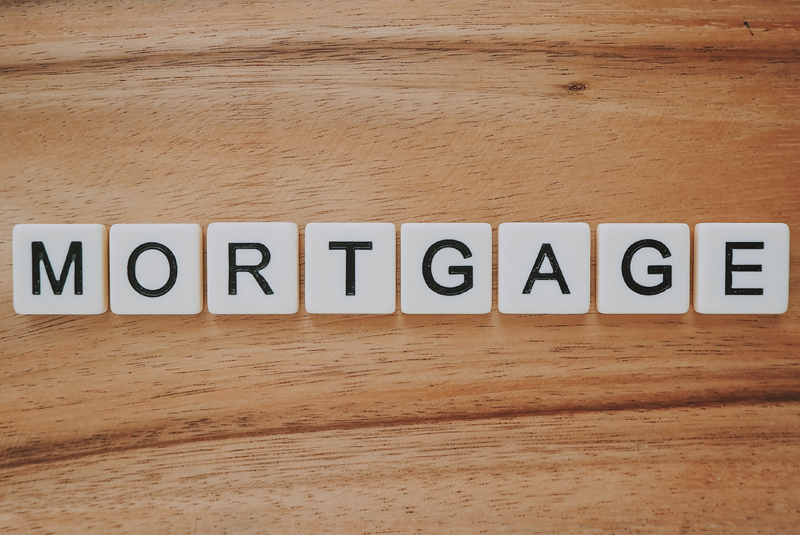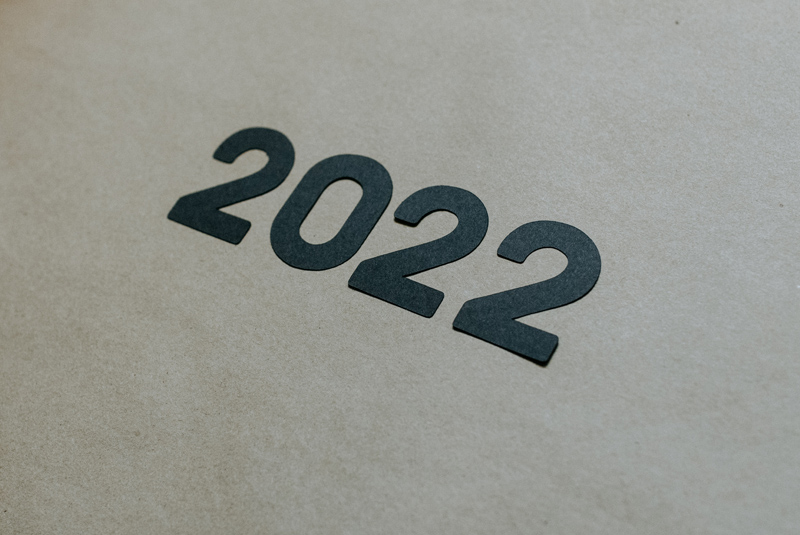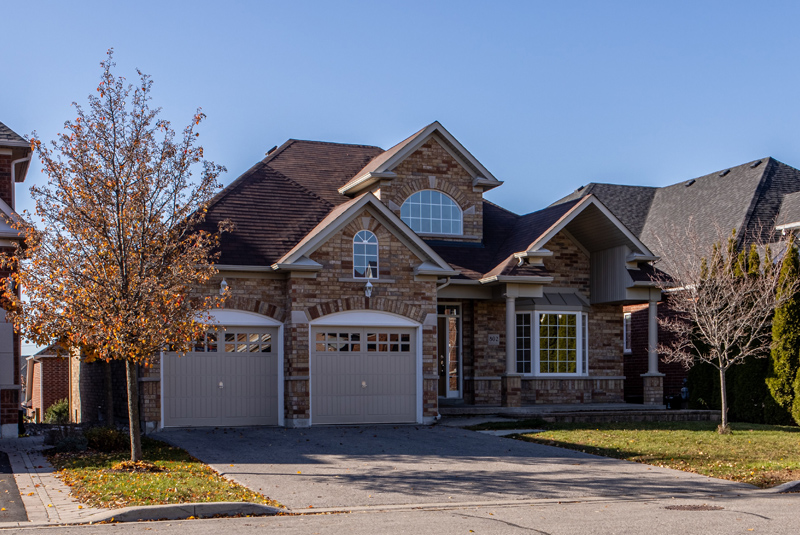October 21, 2022
Mortgage Rate Guide – Fixed or Variable Mortgage Options
Share this article:
It’s probably the single biggest financial decision you will make during your lifetime: taking on a mortgage in order to purchase a house. Within that momentous call, you will have to decide on exactly what kind of mortgage loan you will be signing onto, and the specifics of its terms and conditions.
We want to take a look at the two main options for borrowers when it comes to mortgage types:
- Fixed rate mortgage
- Variable rate mortgage
There are some important distinctions between the two. Here is a detailed look at both fixed rate and variable mortgage options, when the time comes for you to purchase a home.

Fixed and Variable Rate Mortgages – What Are They?
Any mortgage is a type of loan which is issued to the purchaser of a property. In the vast majority of instances, a prospective home buyer will not have the full purchase amount of the property at hand. Generally speaking, they will have to provide a down payment, or portion of the purchase price; the remainder will be the mortgage amount.
The terms of a mortgage will outline how you will repay your home purchase loan. They will specify the term – how long the agreement lasts – which typically is a duration such as one, two, three, four, or five years. As well, the agreement will have an amortization period – how long it will take to repay the mortgage, stretched over as many years as 25 or more. The interest rate associated with the loan will be detailed; a portion of each payment goes towards it, which is the lender’s profit. You will likely be advised of how much interest you are paying with each payment, versus the principal, which is the actual amount of the loan you are paying down.
Home mortgages typically involve substantial amounts of money and are repaid over a long period of time – 25 years is typical.
We’ve mentioned that the two main types of mortgage loan on the market are fixed rate and variable rate:
Fixed Rate Mortgage – as the name implies, this type of mortgage carries a fixed, or unchanging rate for its duration. The only way to change the rate is to “break” the mortgage, meaning that the agreement is cancelled in full, and a whole new mortgage and terms are created.
Variable Rate Mortgage – by contrast, the interest rate you pay may change or fluctuate over the term of the loan. It’s important to note that in most instances, your actual mortgage payments remain the same over the course of the mortgage. The difference becomes that if the interest rate changes, it will impact how much of your loan you are actually repaying month to month, or period to period.
While these two types of mortgage arrangements may appear to be basically similar, they each have some important distinctions, which may make one more desirable to a borrower over the other.

The Main Difference Between Fixed Rate and Variable Rate Mortgages
The main difference between a fixed rate mortgage and a variable one is consistency. When you sign on for a fixed rate mortgage, you are assured that nothing will change for the duration of its term. Most significantly, this means that you’ll know the interest rate you are being charged remains the same. This can become a huge benefit during volatile times, such as when there are rapid upswings from the Bank of Canada regarding interest rates. You’ll be assured that for the duration of your mortgage term, you will be paying the same monthly amount, and can predict how your money is applied, specifically in terms of interest and principal.
With a variable rate mortgage, the interest rate you are charged is subject to change; rates will follow what the Bank of Canada does with its interest rates. The banks and other lenders always follow suit, either upward or downward. This makes them considerably riskier, particularly during volatile economic times where there are rapid shifts in interest rates. Both the big banks and other lending institutions use the Bank of Canada’s prime rate to set their variable mortgage rates. You will likely find that their variable rates are a bit lower than their fixed ones. Keep in mind of course that they are subject to change, and that you are signing off on that fact – it is largely beyond your control.

Other Differences – Fixed and Variable Mortgages
There are a couple of other marked differences between these two types of mortgage agreements you should be aware of:
Breaking the mortgage – this is the term given to cancelling your mortgage agreement prematurely. If for whatever reason you decide you want to get out of your current mortgage contract, the lender will impose a penalty for doing so. This monetary cost you have to pay, which is documented within your mortgage agreement – is known as an Interest Rate Differential Penalty. They tend to be significantly higher with fixed rate mortgages; the lower penalty rate for variable mortgages is one of their attractive elements many borrowers consider, especially if they have reason to believe they may be breaking the mortgage before the term is up.
Flexibility of mortgage conditions – the terms of a fixed rate mortgage are rigid. You cannot request a change to a variable rate mortgage from your current fixed rate agreement. The only way to make changes is to break the mortgage, and renegotiate its terms which, of course, will incur the expense of the interest rate differential penalty mentioned earlier.
By contrast, a variable rate mortgage can be flipped to a fixed rate mortgage at any time, without having to break the mortgage. Your financial lending institution will have exact details as to how the process works.

A Big Decision – Choosing to Go with a Fixed or Variable Rate Mortgage
It’s one of the most important decisions you can make when you are weighing mortgage options. This is because the decision you make will have an impact on your finances for years to come; there are thousands and thousands of interest cost dollars at play, potentially, by this single call.
One of the most attractive things about getting into the real estate market in this country, over the past many years, has been the stability of interest rates. Rates and had been low and indeed on a downward trend for a long time. Even as house prices rose, and even skyrocketed, prospective home buyers could count on low and staying-low mortgage rates. That’s all begun to change of late.

Over the last year or two the Canadian economy has seen significant upheaval. The Covid pandemic at the start of 2020 threw a wrench into all of our lives, including the job market, supply chain issues, and other impacts, such as tourism and travel. The war in Ukraine in the last six months piled the pressure on harder. In short, things became a mess, fast. All of these factors inevitably led to a shakeup in areas such as employment, consumer prices, and more. A result was that inflation began to rise and continues to be an issue to the present.
Inflationary pressures tend to have a major impact on interest rates. The Bank of Canada, as well as the Federal Reserve in the USA, tend to raise their base interest rates during inflationary periods, as a means of positively impacting the economy; these moves are intended to encourage saving while discouraging spending – and create reduced demand, which in turn causes inflation to reverse. The problem for home buyers is that each rise in borrowing rates, whether it’s a quarter point, a half point, or a full percentage point, will have an impact on what your mortgage winds up costing you. As mentioned, it can add up to many thousands of dollars in time.

How to Pick – Fixed Mortgage Versus Variable Rate Mortgage
This first point to make is that no one has a crystal ball that can predict the right call to make when it comes to selecting a mortgage type.
Risk-averse individuals may view a fixed rate mortgage as the safer option. Certainly, as we have mentioned, it is the more predictable route. You will know up front what your payments will be for the duration of your term. The longer a term you sign up for, the more stable your financial trajectory will be.
On the other hand, history has shown that variable rate mortgages tend to cost less over the long haul. Studies going back as far as the 1950s have been conducted which by and large affirm this. Even during times of severe inflation-related and upward pressure on lending rates, variable mortgages, over time, have performed well.
It once again comes down to what the future holds in store. As interest rates, and therefore mortgage rates, have now risen for several months, locking into a fixed rate may not be the best call to make right at this moment, especially if inflationary pressures ease, the economy returns to stability post-pandemic, and interest rates come down again, within, say, the next year or so.
One caveat most experts stress is that if interest rates are low, then you should lock in for as long as you can. But this advice can provide limited comfort if you aren’t sure what “low” means in times of economic upheaval.
There are many factors’ experts and economists look at when attempting to predict the best move for mortgage holders. Among the most common is the ceiling the Bank of Canada will use when it comes to raising interest rates. A common consensus is that raising rates too high is ultimately counterproductive to battling inflation. This means that in theory, lending rates should not go much higher than they are at present. This makes going with a variable rate mortgage right now a sound choice, with the hope/expectation that the prime rate will come down again in the short to mid-term, and thus so will your variable rate mortgage.

Choose Wisely – Consider all Options and Consult with Experts
At the end of the day, choosing between a fixed rate mortgage and a variable rate mortgage is a step that requires careful consideration, and of course, strict adherence to the notion that you should only go with what you can afford, both now and in future, should circumstances change, in your personal life and in the economy.
One thing you should certainly do is seek out guidance from experts in the field. Lending institutions of all kinds are there to answer and help with exactly these types of questions. Take advantage of them and choose wisely.
We hope you have found this information interesting and valuable. If you have questions, consider contacting a mortgage advisor today.
Get more homeowner tips
Subscribe to get more homeowner tips and advice delivered right to your inbox.
More Great Reads
- What Are ADU’s & How Can You Build On In Toronto?
- Comparing the Return on Investment: Buying a Condo vs. Building an ADU in Toronto
- Does Canada Federal 2024 Budget Make It Easier For First-Time Home Buyers?
- Ottawa to Allow 30-Year Amortization for First-Time Buyers’ Mortgages on New Homes
- Investing in Rental Properties as a Self-Employed Individual in Canada



 Previous Page
Previous Page